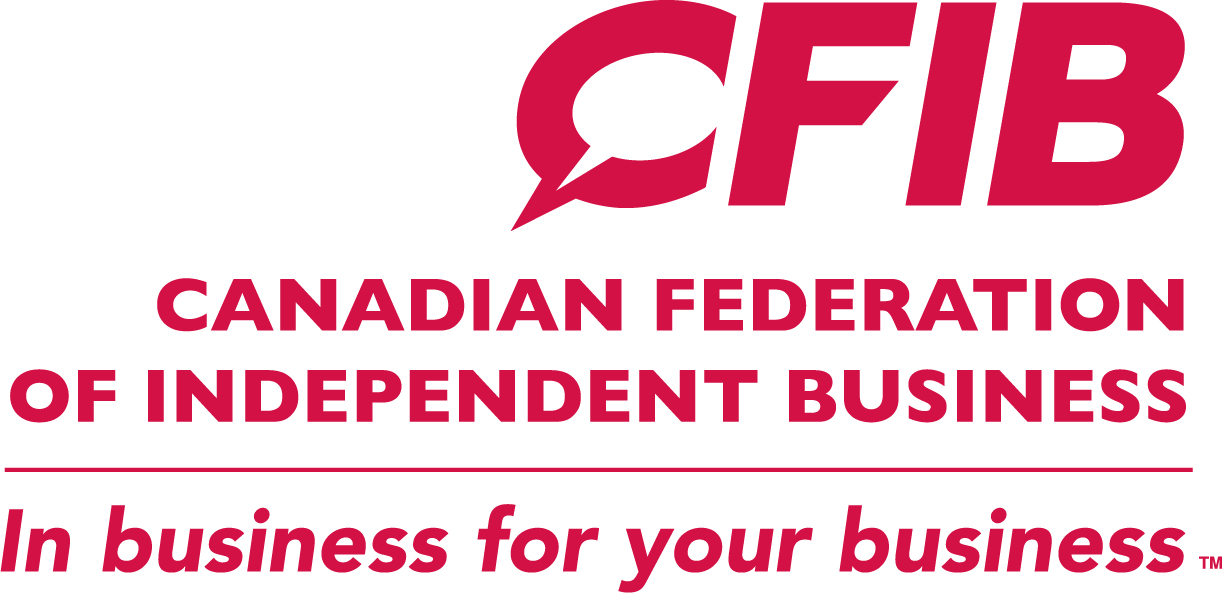CFIB calls for end to $7,000-a-year perk for government workers who retire early
TORONTO, June 18, 2013 /CNW/ - Federal public employees who retire early are eligible to collect a "bridge benefit" (a temporary income top-up that ends when a retired public servant reaches the age of 65) which can be as much as $105,000 per retiree, according to a new study, The Case for Ending Early Retirement in the Public Sector, from the Canadian Federation of Independent Business (CFIB).
At the federal level, over 55,000 pensioners received an average annual bridge benefit of roughly $7,000. The earliest retirement age for federal public servants to receive a reduced pension is 50. A federal government worker who retires at that age is eligible to collect $105,000 in bridge benefit payments that are not available to private sector employees.
"We've known for some time that public sector pension plans are financially unsustainable, but this report provides even more evidence of how unfair they are to the rest of us taxpayers," said CFIB president and CEO Dan Kelly. "If an ordinary working Canadian retires before 65, they get a CPP penalty for the rest of their life. I think Canadians will be shocked to learn that if a government workers retires at 57 or 61, we as taxpayers make up the difference and pay them the equivalent of the full CPP. This is yet another benefit for government workers that is unavailable to us taxpayers."
With the exceptions of Alberta, Saskatchewan and Manitoba, similarly overly-generous bridge benefit provisions can be found in pension plans for provincial public servants. The bridge benefit is especially expensive in the Maritime Provinces at around $8,000 per year.
"The way the rules are structured, public servants would be foolish not to retire early. The bridge benefit is an outrageous perk and a perverse incentive that should be eliminated," said the author of the report, CFIB research analyst Marvin Cruz.
In 2011, the federal government was on the hook for $2 billion in pension benefits to public servants who retired before the age of 65. That's 44 per cent of the $4.6 billion in total annual pension benefits payable to retired federal public servants.
Eight out of ten public sector workers (whether at the federal, provincial or municipal level) who retired between 2007 and 2011 did so before the age of 65. Recent changes by the federal government to increase the age of retirement for employees hired as of 2013 to the age of 65 is a step in the right direction, however, the federal government needs to do more to bring retirement policies more in line with the private sector.
"It's disturbing that the unions are calling for higher CPP/QPP premiums on hard-working Canadians at a time when public servants can essentially have their cake and eat it, too," added Kelly. "That's why CFIB launched the All Signs Point to Trouble campaign. Canadians shouldn't be forced to pay a nickel more for CPP until governments at all levels make meaningful reforms to public sector pensions. Eliminating the bridge benefit would be an excellent place to start."
To read The Case for Ending Early Retirement in the Public Sector, please visit www.cfib.ca
To read a backgrounder on the report, please visit www.cfib.ca
Entrepreneurs are encouraged to sign the Don't Hike CPP/QPP online petition at www.cfib.ca
CFIB is Canada's largest association of small and medium-sized businesses with 109,000 members across every sector and region.
SOURCE: Canadian Federation of Independent Business

To arrange an interview with Dan Kelly, please call Gisele Lumsden at 416-222-8022 or by email at [email protected].

Share this article